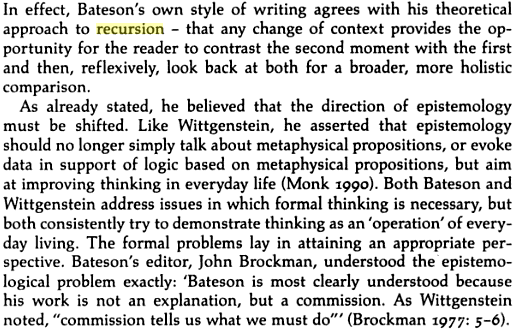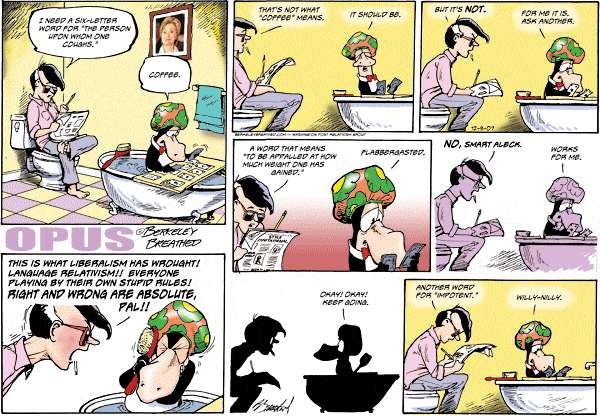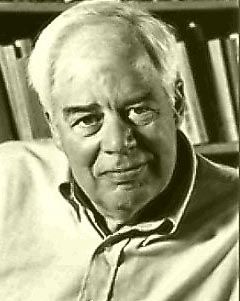
The idea of a universally shared source of truth called ‘reason’ or ‘human nature’ is, for us pragmatists, just the idea that such discussion ought to be capable of being made conclusive. We see this idea as a misleading way of expressing the hope, which we share, that the human race as a whole should gradually come together in a global community, a community which incorporates most of the thick moral- ity of the European industrialized democracies. It is misleading because it suggests that the aspiration to such a community is somehow built into every member of the biological species.This seems to us pragmatists like the suggestion that the aspiration to be an anaconda is somehow built into all reptiles, or that the aspiration to be an anthropoid is somehow built into all mammals. This is why we pragmatists see the charge of relativism as simply the charge that we see luck where our critics insist on seeing destiny. We think that the utopian world community envisaged by the Charter of the United Nations and the Helsinki Declaration of Human Rights is no more the destiny of humanity than is an atomic holocaust or the replacement of democratic governments by feuding warlords. If either of the latter is what the future holds, our species will have been unlucky, but it will not have been irrational. It will not have failed to live up to its moral obligations. It will simply have missed a chance to be happy. -Richard Rorty (Introduction, Philosophy and Social Hope)
Thank you Google for allowing me to search for the paragraph I need from A Recursive Vision: Ecological Understanding and Gregory Bateson (Peter Harries-Jones.)
Richard Rorty’s argument for the boundless description and explanation that is pragmatically resolved as a matter of these being true enough as a matter of being useful enough, is related to commission–as long as commission is flexible enough to denote: useful. Even if this stretches the similarity too far, the Batesonian epistemology is partly concerned with the rightness in doing. Crucially: the abductive reason is adequate and commensurate for the purpose of supposing usefulness for Bateson, James, Dewey, and Rorty.
(Richard Rorty, in A World Without Substances and Essences (1994) argues for a crisp eliminativist, anti-essentialist monism not contemplated by Bateson at all. The two monists had different senses of what is possibly ecological.)
Bonus:
Two Pragmatic Moral Universes: James vs. Dewey and Rorty by Scott Segrest (SSRN)
Dewey and Rorty On Truth by Alexander Kremer (pdf)
Foucault and Rorty on Truth and Ideology: A Pragmatist View from the Left by Chandra Kumar (pdf)



